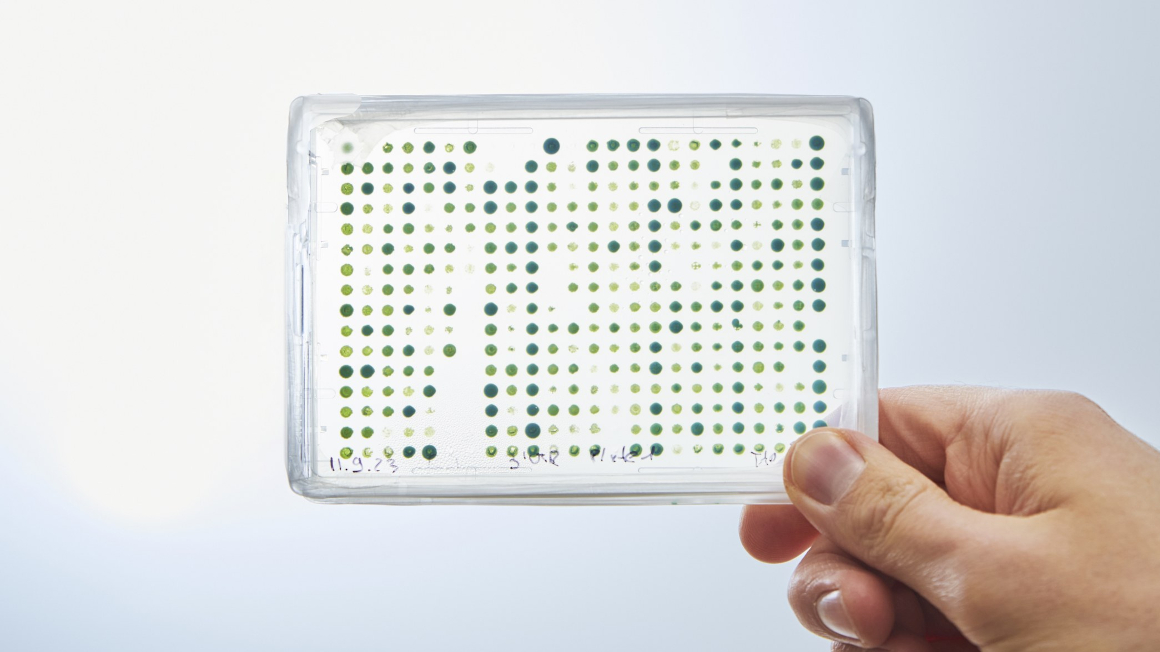
Precision fermentation (PF) products can be used either as ingredients in other foods (e.g. whey protein in baked goods) or as stand-alone components (e.g. precision fermentation whey protein powder). Although the technology is being used more and more frequently, consumer awareness is still low.
According to the study, consumers' willingness to try PF products is significantly influenced by simple and understandable explanations. For example, the description of precision fermentation as a process ‘similar to brewing beer’, where microorganisms are programmed to produce specific proteins, resonated positively with participants.
Although concise and non-technical terms were preferred for product labelling and ingredient lists in all regions, notable differences were found in the favoured terminology in the markets surveyed. For example, the term ‘cruelty-free’ performed well in English-speaking markets, while ‘animal-free’ was favoured in Germany and ‘without animal origin’ in Spain. These terms were seen as clear, appealing and well suited to differentiate precision fermentation products from conventional and plant-based alternatives.
Interest in PF products increases when consumers are familiarised with the potential benefits and the production process, the study found. Across all markets, around half of respondents said they would be willing to try PF products, particularly if they were offered as part of a composite product like baked goods or pasta. Free samples and social influence, such as recommendations from friends, were also identified as effective ways to encourage product testing.


